The debate about whether purchasing a DSLR camera is a worthy investment has always held center stage in photography.
With the rise of advanced smartphones boasting impressive camera capabilities, camera enthusiasts often think, “Is it worth buying a DSLR camera?” This question has grown even more pertinent.
This article will explore the pros and cons of owning a DSLR camera, weighing its high-quality image capture and versatility against its cost and complexity. If you’ve ever contemplated the value of adding a DSLR camera to your photography toolkit, this discussion will provide the clarity you need.
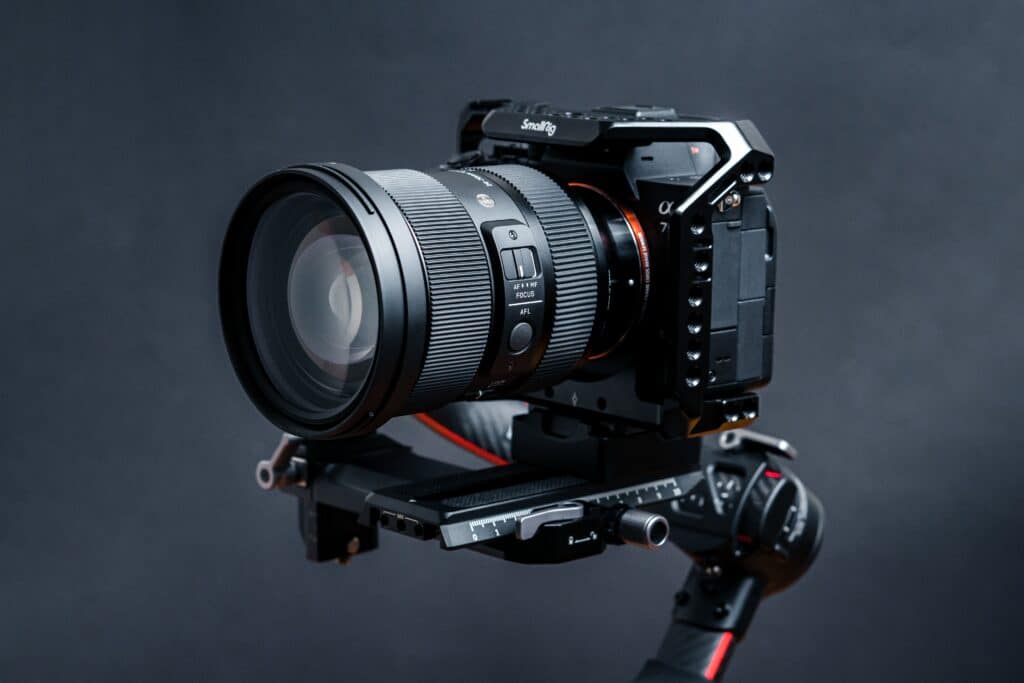
Related: 5 Best Beginner Canon Cameras
Is It Worth Buying a DSLR Camera?
1. Superior Image Quality
One of the top reasons to invest in a DSLR camera is its superior image quality. The large sensor size on DSLRs makes a significant difference, capturing more detail and providing good color depth and better dynamic range. A DSLR camera still wins hands down compared to high-end smartphone cameras.
2. Lens Variety
You can access an extensive range of interchangeable lenses with a DSLR camera. You can use various lenses to shoot different scenarios and achieve distinct effects from wide-angle to telephoto, macro, and more.
3. Better Manual Controls
DSLRs offer a high degree of manual control over your photography. This means you can adjust settings like aperture, shutter speed, and ISO to your liking, allowing for a truly customized shot, which is not always possible with smartphone cameras.
4. Longevity
DSLR cameras are built to last. Their sturdy construction and technology can withstand years of usage, which is especially beneficial if you’re looking to photograph professionally or as a long-term hobby.
5. Low Light Performance
DSLR cameras have larger sensors that can perform exceptionally well in low light conditions, producing less noise and more detail than their smartphone counterparts. This lets you capture great photos, even when the lighting isn’t ideal.
Reasons Why You Should Not Buy a DSLR Camera
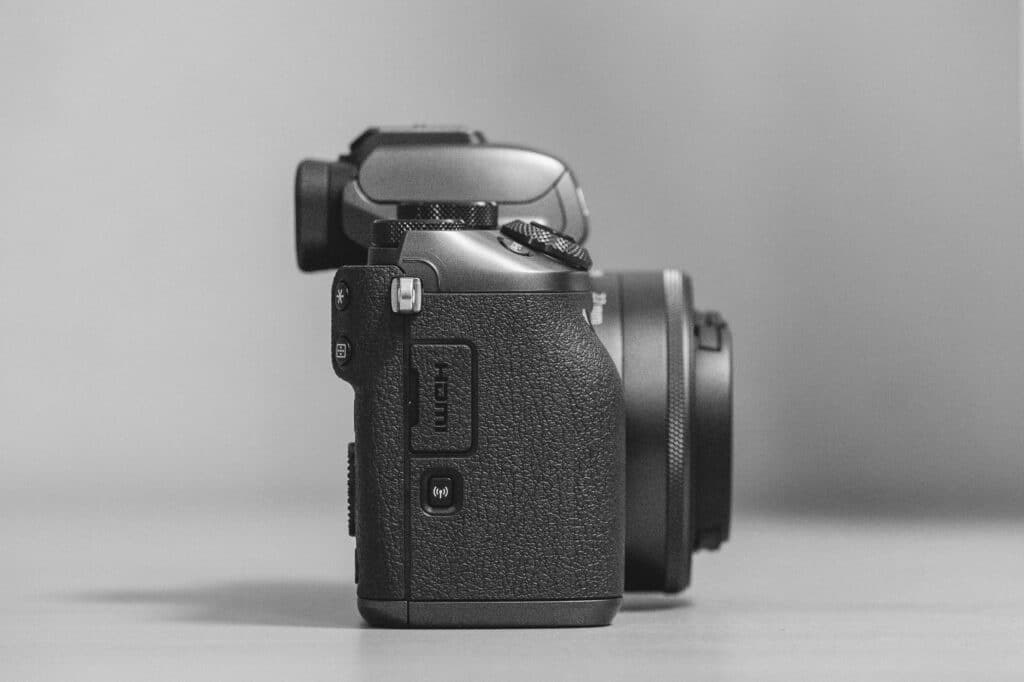
1. High Cost
One of the biggest deterrents to buying a DSLR camera is the cost. The camera body is more expensive than a compact camera or a smartphone, and the lenses and accessories can also add up quickly. This can make the cost of entering the DSLR world prohibitive for some.
2. Complexity
DSLR cameras are not as user-friendly as point-and-shoot cameras or smartphones. They have a steep learning curve, and getting to grips with all the manual controls and settings can be daunting for beginners. It’s important to note that owning a DSLR means you’ll need to invest time to learn and understand its functionality fully.
3. Weight and Size
DSLR cameras are bulky and heavy. This can be a drawback for those who prefer a lightweight camera that is easy to carry. The size and weight of a DSLR and its multiple lenses and accessories might discourage you from taking it out on casual outings or trips.
4. Maintenance
DSLR cameras require regular cleaning and maintenance to keep them in optimal condition. Dust and dirt can easily get onto the sensor, especially when changing lenses, resulting in spots or blemishes on your photos. Professional cleaning services can be costly if you’re uncomfortable cleaning the sensor yourself.
5. Limited Video Capabilities
While DSLR cameras are renowned for their superior still image quality, their video capabilities can be limited, especially in entry-level models. Mirrorless cameras or high-end smartphones might offer more suitable video features for those interested in videography.
Who Should Buy a DSLR Camera?
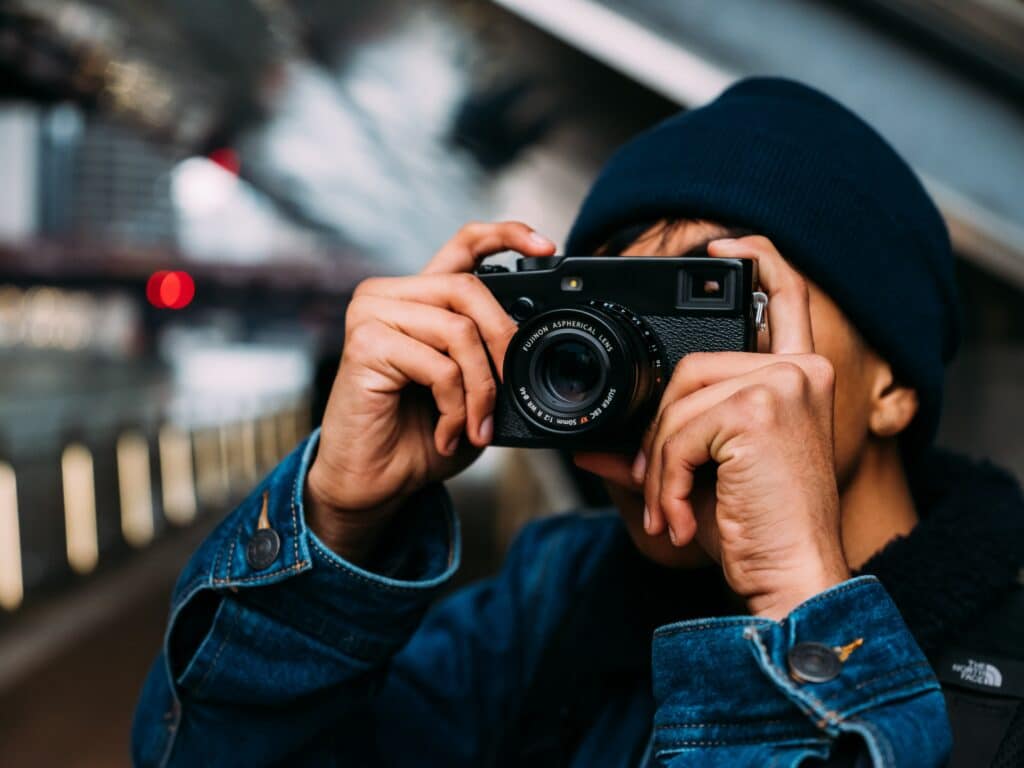
1. Professional Photographers
For professional photographers, a DSLR camera is an essential trade tool. The superior image quality, wide lens variety, and robust manual controls it provides are indispensable for several types of professional photography—from portraiture and landscape to sports and wildlife photography.
2. Hobbyist Photographers
DSLR cameras are an excellent investment for hobbyists who are passionate about photography and want to go beyond the capabilities of a smartphone camera. With a DSLR, hobbyists can experiment with different lenses and settings to capture exceptional-quality images.
3. Travel Enthusiasts
Travel enthusiasts who wish to capture their journeys in vivid detail should consider investing in a DSLR camera. Its capability to perform well in various lighting conditions and the availability of different lenses make it a perfect companion for travelers.
4. Content Creators
Content creators, such as bloggers and bloggers, can significantly benefit from the high-quality visuals captured by a DSLR camera. It can enhance their content’s professional look and feel, making their blogs or videos more engaging and appealing to their audience.
Assessing Your Photography Needs
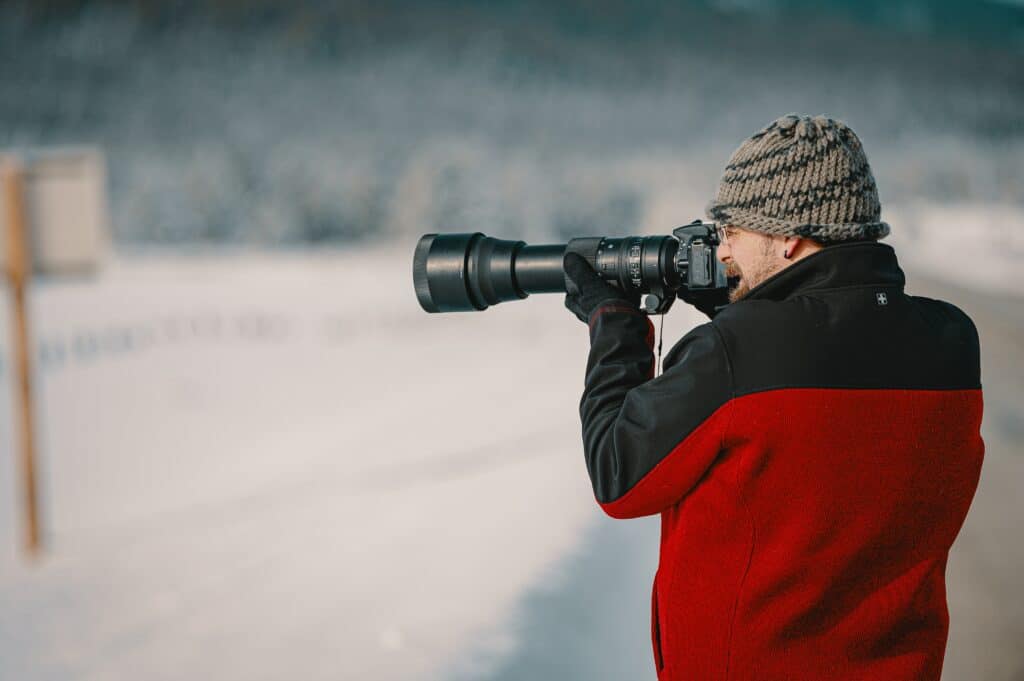
Before you decide to invest in a DSLR camera, it’s crucial to assess your photography needs. Your specific requirements and goals should guide your decision, not merely by the camera’s features or popularity.
Identifying Your Photography Goals
Ask yourself what you want to achieve with your photography. Are you aiming for professional-quality photos, or do you want to improve your photography skills? Maybe you want to pursue photography as a profession in the future or need better shots for your blog. Your goals will dictate what kind of camera and lenses you need.
Different Photography Genres and Their Camera Requirements
Different genres of photography have different camera requirements. Here are a few popular ones:
1. Landscape Photography
Landscape photography typically requires wide-angle lenses, and DSLR cameras offer a broad selection. A DSLR’s large sensor can also capture landscapes’ vastness and intricate details, providing superior image quality.
2. Portrait Photography
A DSLR camera paired with a prime lens can deliver stunning results for portrait photography. With their large sensors, DSLR cameras provide a beautiful depth-of-field effect, blurring the background and focusing sharply on the subject.
3. Action and Sports Photography
Action or sports photography requires fast shutter speeds and continuous shooting modes, which DSLR cameras excel at. With the right telephoto lenses, you can capture compelling action shots with a DSLR.
4. Wildlife Photography
In wildlife photography, you often need to shoot from a distance. A DSLR camera, paired with a telephoto lens, allows for high-quality, detailed shots without disturbing the animals.
Budget Considerations

DSLR cameras vary in price, with professional-grade models costing significantly more than entry-level ones. Don’t forget to account for the cost of additional lenses and accessories you may need.
Remember, investing in a DSLR camera is about investing in your passion for photography and its value to your work or hobby, not just buying a piece of technology.
DSLR Price Ranges
The cost of a DSLR camera can vary greatly depending on the brand, features, and level of specialization. An entry-level DSLR camera can start anywhere from around $300 to $500. These models are perfect for beginners and offer a significant upgrade from a smartphone camera while still being affordable.
Mid-range DSLR cameras, which offer more advanced features and superior build quality, typically fall within the $500 to $1,200 price range. They balance price and performance well, making them ideal for serious hobbyists and semi-professionals.
Professional-level DSLRs are the most expensive, ranging from $1,200 to over $6,000. These cameras are designed for professional photographers and have advanced features such as full-frame sensors, high-speed continuous shooting, and superior low-light performance.
Alternatives to DSLR Cameras
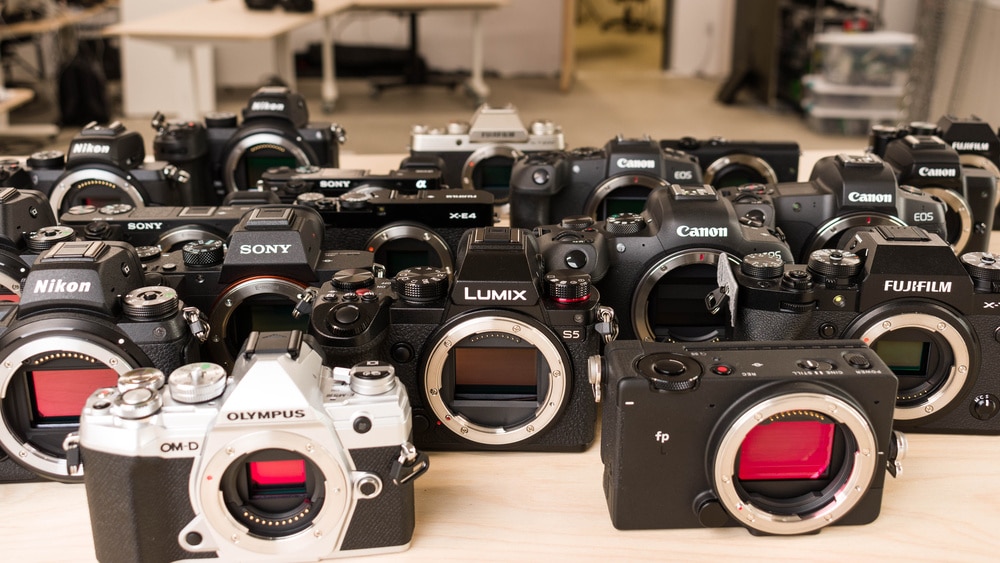
While DSLRs offer a wide range of capabilities and advantages, several other types of cameras may better suit your specific needs or budget.
Mirrorless Cameras
Unlike DSLRs, mirrorless cameras, as the name suggests, do not have a mirror-reflex optical viewfinder. These cameras are typically lighter, more compact, and faster, and they have an electronic viewfinder that accurately displays what the sensor sees. They also offer interchangeable lenses, like DSLRs, and boast excellent image quality.
Point-and-Shoot Cameras
Point-and-shoot or compact cameras are designed for simple operation and convenience. While they lack the advanced manual controls and interchangeable lenses of DSLRs, modern point-and-shoots offer decent image quality. They are perfect for casual shooting or when you need a lightweight travel companion.
Bridge Cameras
Bridge cameras ‘bridge’ the gap between point-and-shoot cameras and DSLRs. They offer the flexibility of manual controls and a powerful zoom lens that is not interchangeable. Their image quality might not match DSLRs or mirrorless cameras, but they are a good option for those who want a bit of everything in a relatively compact package.
Smartphone Cameras
In recent years, smartphone cameras have undergone significant improvements. With technological advances, they offer impressive image quality, manual controls, and even the ability to shoot RAW. Plus, they provide the convenience of being constantly in your pocket.
Each of these alternatives has its strengths and caveats. Therefore, it’s crucial to consider your photography needs, budget, and preferences before deciding on the right camera for you.
Conclusion
In conclusion, investing in a DSLR camera hinges on various factors, including your photography goals, the genres of photography you’re interested in, and your budget.
DSLR cameras offer exceptional image quality, versatility with interchangeable lenses, and superior control over shooting settings, making them the go-to choice for many professionals and serious hobbyists.
However, alternatives like mirrorless and point-and-shoot cameras, or even the ever-improving smartphone cameras, can also serve your needs effectively, particularly if you value compactness or are working on a tight budget.
Ultimately, the right camera for you best meets your individual needs and aspirations in photography.